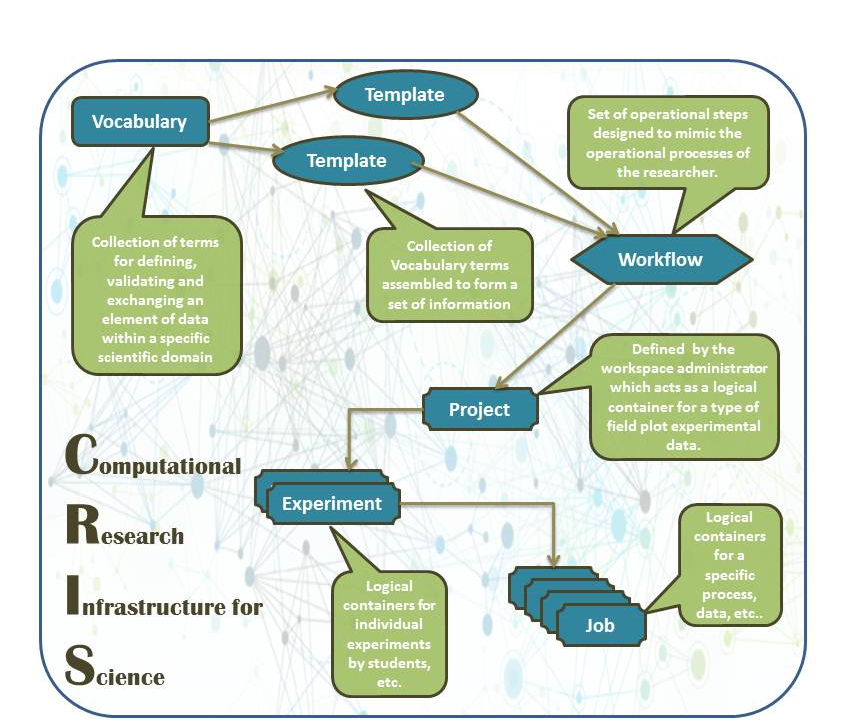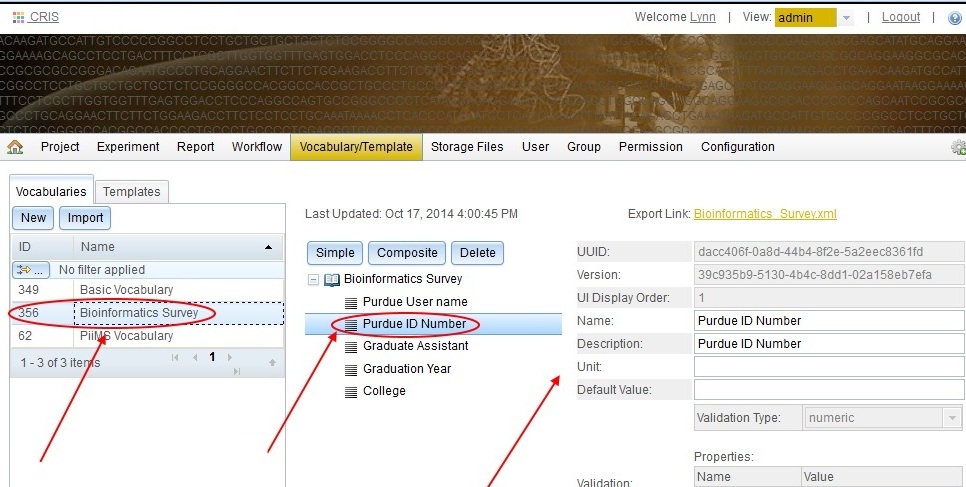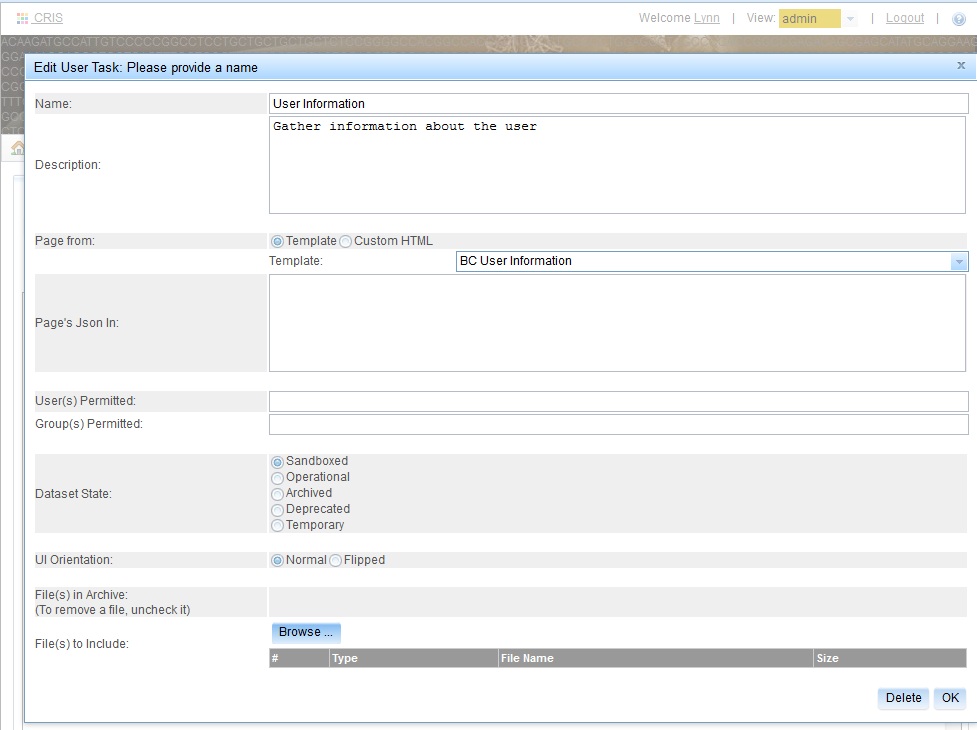
CRIS is a data management workflow cyberinfrastructure for scientific research..


The CRIS project is partially funded by NSF under the project BD Spokes: PLANNING: MIDWEST: Cyberinfrastructure to Enhance Data Quality and Support Reproducible Results in Sensor Originated Big Data (Award Number:1636891).

Team
About Us
Our team at Purdue University has been working on the research and development of CRIS since 2013.
CRIS Team
Past Team Key Members
About
CRIS, the Computational Research Infrastructure for the Sciences, provides an easy to use, trustworthy, cost-effective, and scalable cyber infrastructure. CRIS is a broadly accessible cloud-based graphical community platform which provides scientists with a robust framework to manage, analyze and share their research data and computational tools without custom software development efforts.
The CRIS philosophy is not to re-invent data networks, but to allow existing distributed data and computational tools to be “wrapped” into the system, thus providing broader and more uniform access. In this manner, CRIS brings together the pieces that exist today into an infrastructure to allow scientists to focus on understanding and extending their research efforts in new, verifiable and innovative ways. This is accomplished by providing:
A dedicated workspace to securely store and access your research data;
An extensive suite of tools to automatically capture, transform, and analyze data;
Embedded provenance for all levels of research activity (data, workflows, revisions, etc.);
Integrated vocabularies for data definition;
Automatic data quality monitoring;
Interactive research workflows;
Easy integration of existing data and computational tools;
Long-term storage and access to organized and managed data; and
Search and resource recommendation engines for cross-disciplinary research in CRIS.
Through the use of the CRIS, scientists are improving the quality of what they can already produce, accomplish more through improved efficiencies, enhance their scientific rigor, avoid duplicative efforts, and advance understanding through more complete access to all research components.
Example applications which have been created using CRIS include:
Data collection and quality validation from field based sensors
Laboratory Information Management Systems (LIMS)
Data collection automation and analysis tools
Educational surveys, analysis and reporting systems
Demonstration website for complex analytical tools
Publications
- [C3] "CRIS—Computational research infrastructure for science", Dragut, Eduard C and Baker, Peter and Xu, Jia and Sarfraz, Muhammad I and Bertino, Elisa and Madhkour, Amgad and Agarwal, Raghu and Mahmood, Ahmed and Han, Sangchun "Information Reuse and Integration (IRI), 2013 IEEE 14th International Conference on" Pages: 301--308, 2013.
- [C2] "QL-SimP: Query Language for Secure Interoperable Multi-Granular Provenance Framework", Jabal, Amani Abu and Bertino, Elisa "Collaboration and Internet Computing (CIC), 2016 IEEE 2nd International Conference on" Pages: 131--138, 2016.
- [C1] "SimP: Secure Interoperable Multi-Granular Provenance Framework", Jabal, Amani Abu and Bertino, Elisa "eScience, 2016 IEEE 12th International Conference on" Pages: 270--275, 2016.











